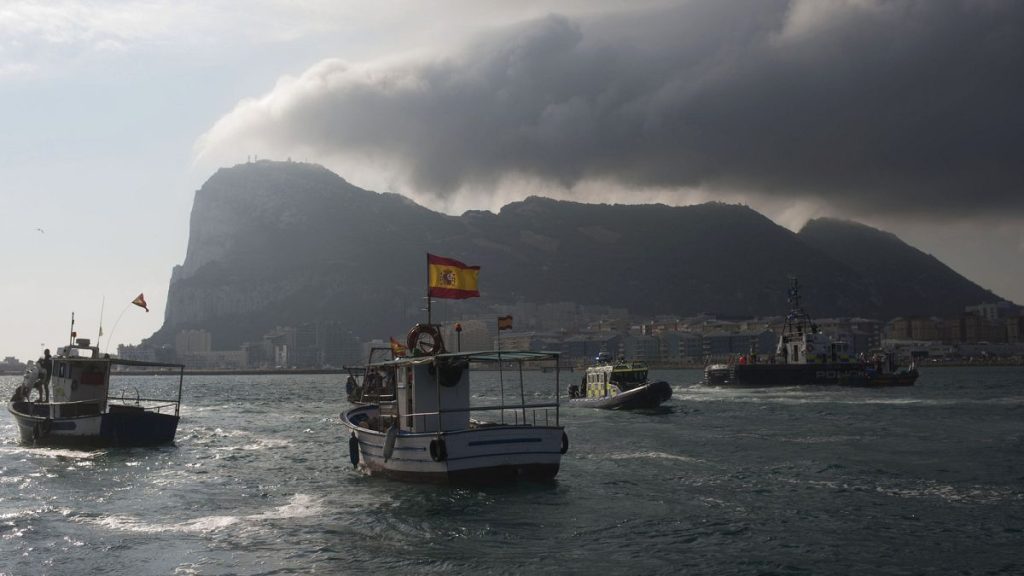High-level political discussions aimed at closing a deal on post-Brexit border and transit arrangements for Gibraltar ended without an agreement in Brussels, with long-standing divisions over border checks and airport management preventing a resolution. The self-governing British overseas territory ceased to be part of the EU with the UK’s formal exit from the bloc in 2020, but was excluded from the Trade and Cooperation Agreement that defined the post-Brexit EU-UK relationship. Talks between Spanish Foreign Minister José Manuel Albares, Gibraltar Chief Minister Fabian Picardo, UK Foreign Secretary David Cameron, and European Commission Vice-President Maroš Šefčovič were part of ongoing efforts to reach a resolution, with hopes of achieving an agreement before the European elections in June.
While Thursday’s discussions were described as taking place in a constructive atmosphere with additional breakthroughs in potential areas of agreement, remaining sticking points in the negotiations were acknowledged by Šefčovič, though specific details were not provided. The UK’s foreign office stated that progress was being made and all sides were working rapidly to address outstanding issues towards an overall EU-UK agreement in relation to Gibraltar. Acknowledging the historical tensions between the UK, Spain, and Gibraltar, efforts were being made to bring confidence, legal certainty, and stability to the lives and livelihoods of the people in the campo de Gibraltar.
Gibraltar, also known as the Rock, is located on the southern tip of Spain and has historically been a subject of friction between the UK and Spain. Madrid claims sovereignty over parts of Gibraltar and has called for the territory’s “decolonization.” Brexit has reignited tensions surrounding Gibraltar, with concerns about the potential impact on the territory’s economy and fears of a hard border with customs and passport checks between Gibraltar and Spain. Talks have stalled in recent years over disagreements on managing the Gibraltar-Spain border and arrangements for Gibraltar’s airport, which is used by the UK’s Royal Air Forces (RAF) and for commercial flights.
Spain’s proposals for Spanish or EU border officials to be based at the airport and conducting Schengen border checks for airport arrivals have been met with opposition from the UK due to crossing red lines. Lord Cameron has been facing pressure from the House of Commons’ European scrutiny committee over concerns that Gibraltar could become a British overseas territory “in name only.” Despite the challenges and differing perspectives, all parties involved have committed to remaining in close contact and working towards a resolution. Šefčovič expressed hope for a deal to be reached as soon as possible, highlighting the shared commitment to addressing the complexities and uncertainties surrounding the Gibraltar border and transit arrangements post-Brexit.


